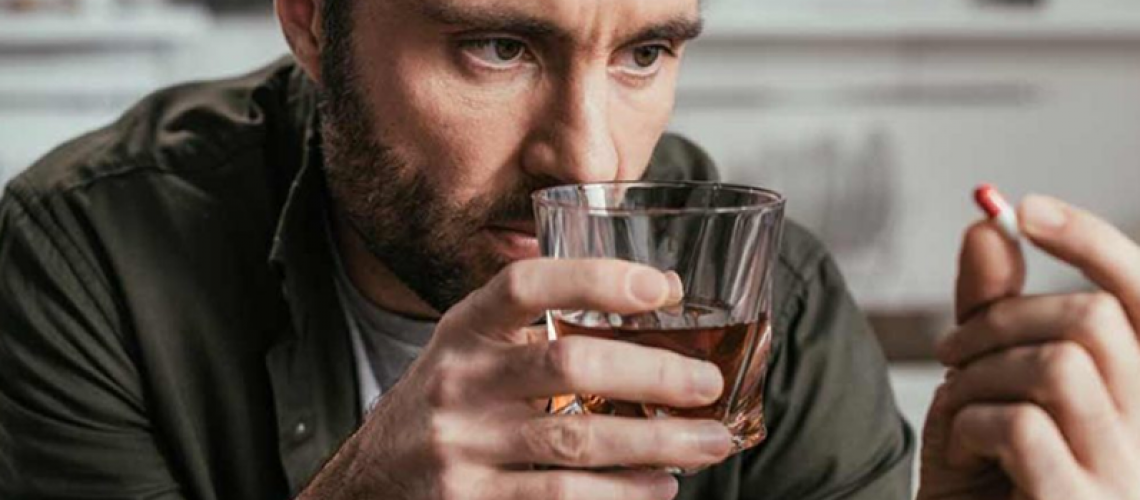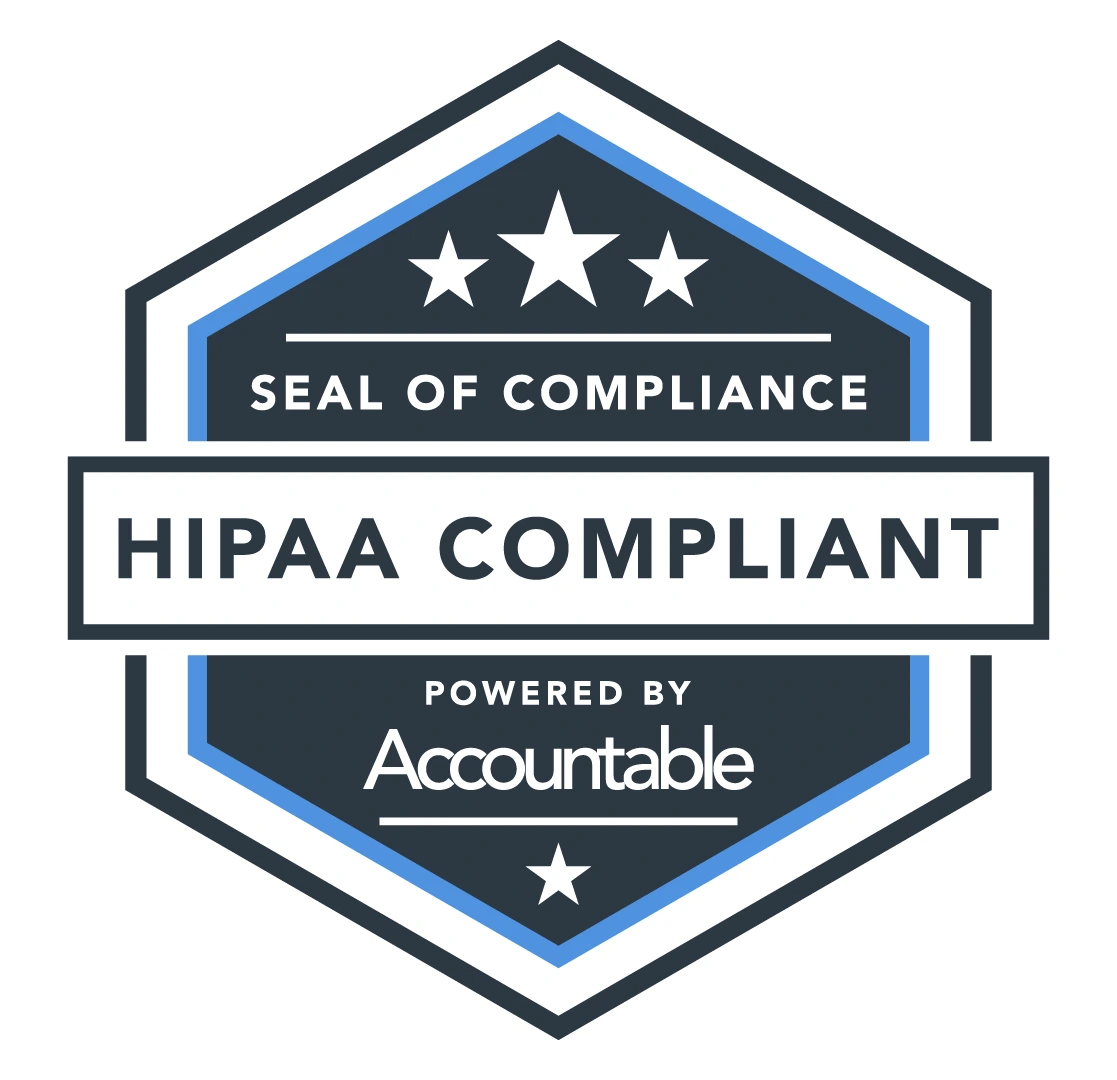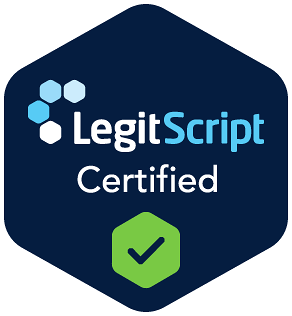Globally, alcohol brands are popular on the social scene. Whether infused in beverages or consumed as concentrates, these products are the driving force of a
market projected to reach $1,684 by 2025. This market is fast expanding beyond market projections, as it continuously introduces new product recipes to its consumers. The point is, as long as people find a reason to interact socially and celebrate in style, the alcohol industry will always thrive in revenue and production volume. Currently, a major problem with the popularity of alcohol is the growing incidence of alcohol-related risky behaviors and alcohol substance use disorders.
In 2019, the National Survey on Drug Use and Health published a report on the prevalence of drinking, binge drinking, and harmful use of alcohol in the United States. Available stats suggest that over 87% of the 18-and-above population have a positive history of alcohol use. About 26% of this pool agreed to have participated in an episode of binge drink at least once over the past month. This study is reflective of the global alcohol problem as healthcare programs keep expanding to create a space for awareness campaigns against harmful alcohol use.
Finding Treatment Online
A 2018 publication of
The Lancet presented
a scientific report examining the validity of different claims on the health-related benefits of alcohol in humans. This study of this publication was designed to measure the level of exposure across the varied relative risk. The main objective was about solving the inaccuracies of previously published studies on alcohol in biological systems. In a concluding statement, the researchers noted that;
“Alcohol (use) is a colossal global health issue, and small reductions in health-related harms at low levels of alcohol intake are outweighed by the increased risk of other health-related harms, including cancer.”
Finding therapy online is not entirely strange to many people anymore. Once in a while, people use internet tools to search for different information about alcohol and its consequences on healthy living. With the recent advancement in information and communication technology, the reach of medicine has significantly increased. Self-care apps and DIY medical websites offer a ton of information on medical care and management plans for alcoholism. As it stands, with a smartphone and reliable internet connection, getting information online about home care for the management of alcohol-related medical problems is easy. Although many sources of health information on the website are unverifiable, people use these sources every day.
Telemedicine has improved modern medicine. By implication, it has also expanded the possibilities of treating alcoholism remotely. Online doctor services are considered authority stakeholders in telemedicine. These services are consisting of a team of certified clinicians, registered medical laboratories, and a chain of pharmacies. This team remotely renders medical care to a patient using a two-way audiovisual technology platform. Patients registered on this platform can schedule an online consultation with a specialist, submit personal health records and get an online prescription issued by a clinician. Patients managed for substance use disorders are put on continuous surveillance, monitoring therapy, and managing the risk of relapse.
Online Doctor Service and the Management of Alcoholism
Online doctor services are the perfect choice for the management of health conditions that require no emergency interventions or hospitalization. Using the latest innovations in information and communication technology, these services implement and monitor medical care plans for registered patients. Unlike the conventional methods of healthcare delivery, these services allow a patient to schedule an online appointment, submit health records and get an online prescription. The treatment of alcoholism with telemedicine is a relatively new practice in many parts of the world; however, there are therapy plans already developed for alcoholics on this platform.
These therapy procedures are related in perspective to physical sessions of substance use disorders. Virtual doctors can assess the patient, ascertain the severity of the condition, implement cognitive behavioral therapy and issue an online prescription if needed. Compared to formal in-person hospital appointments, the treatment plan for alcoholism on online doctor networks is convenient, privately delivered, relatively cheap, sustained over long durations, and not necessarily delivered in a clinical setting. In addition to remotely monitoring therapy, a patient can also be treated anonymously.
A
therapy session for treating alcoholism can be delivered with smartphone applications, interactive voice recognition, voice prompts, and thorough online interactive forums. Voice prompt technology and smartphone applications allow the virtual doctor to establish a secured two-way communication with the patient. Alcoholism therapy options including cognitive-behavioral, dialectical behavioral therapy, motivational interviewing contingency management are conducted using in-app software that supports message prompts and pre-recorded video sessions. These tools support a personalized addiction care plan that directly puts the patient in control.
The
Sinclair approach to alcoholism management is a popular alcohol therapy option adopted by many online doctor services. Developed in the 1980s by Dr. John Sinclair, this method is a medication-based approach involving the use of Naltrexone. Administered as a dosage controlled medication, Naltrexone is an opioid antagonist that technically blocks the euphoric feeling associated with heavy drinking. Biologically, this drug worked on the opioid receptors of the brain and inhibited the effects of endogenous opioids –an action that limits the rewarding, euphoric feeling experienced by habitual alcohol consumers. By inhibiting this usual alcohol-use reward, Naltrexone steadily blocks an alcoholics desire for large volume consumption of alcohol products.
Clinical reviews conducted to examine the effectiveness of the Sinclair method in the management of alcoholism have ascribed a 78% success rate to this method. Compared with other therapy methods, the rate of relapse and therapy failure is negligible once the treatment course is completed. An online doctor can issue an online prescription for Naltrexone and modify it as therapy progresses. Using in-app voice prompts, text messages, and pre-recorded videos, the virtual doctor can deliver real-time medical information about the therapy plan, assist a patient in regulating the level of daily alcohol use and track the rate of medication adherence.
Managing substance use disorder on a telemedicine network is rapidly expanding the roles of virtual doctors in healthcare delivery. Since these conditions require no urgent hospitalization, home care at the comfort of the patient is considered the most feasible method of delivering optimal care. Many healthcare professionals expect that someday telemedicine might reduce the global health burden of substance use disorders.













